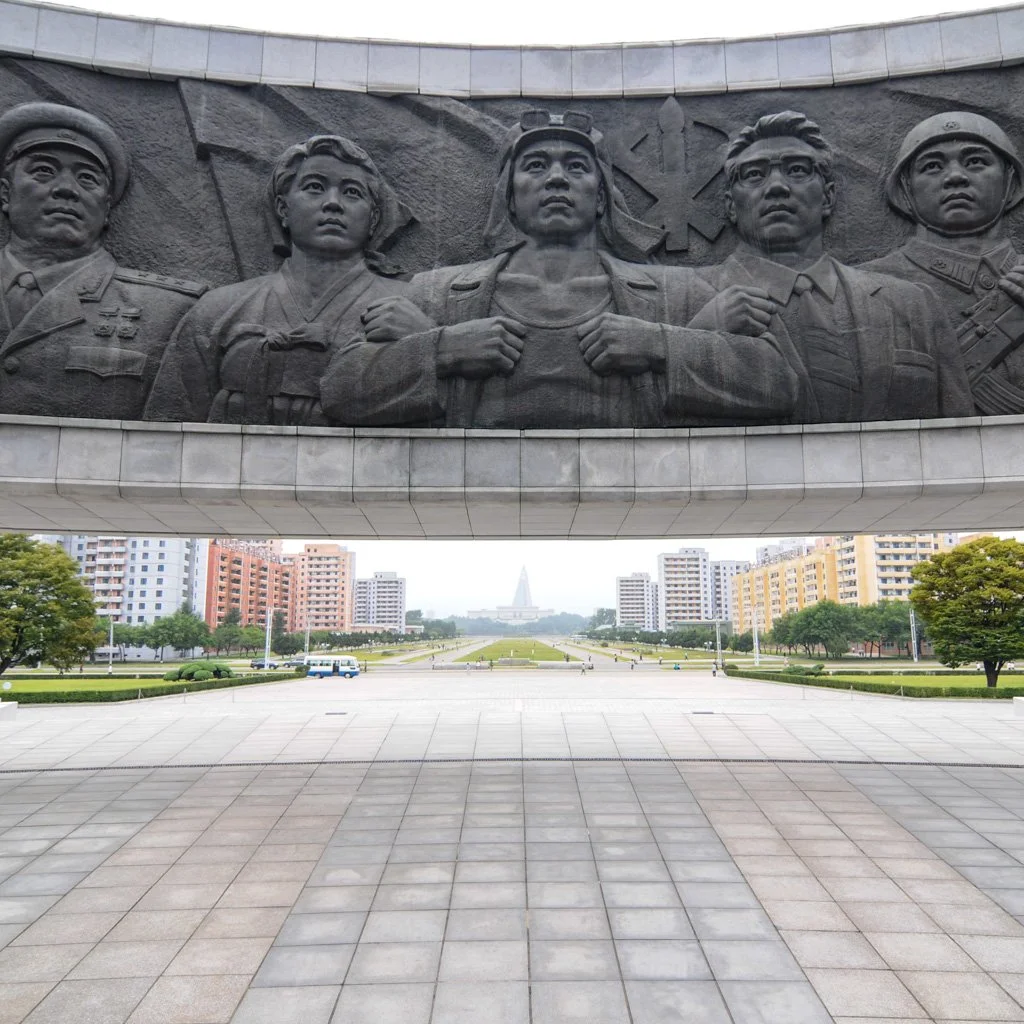Waking up to a big news story is always slightly surreal. Groping for coffee and trying to come to grips with what is going on can be tough. I’m ostensibly on holiday in the UK; the one advantage from being so far from the story was that the TV setup here is solid, with 16 news channels from a variety of countries.
Modern TV News has it tougher, though. It has to try to be accurate and insightful, without compromising its highest principle: speed. In this hyper-connected world, getting information out fast is key and this goal is made difficult when reporting on news from North Korea – a media shy country, to say the least – in a week where so many journalists have just gone home for Christmas and KCNA’s announcement coming during the middle of the night in Washington.
With news organizations scrambling for insight at short notice, quality and consistency kind of get thrown under the bus. This is a general problem, but with a country like North Korea, you can say almost anything and having visited Pyongyang once seems to give enough credibility to be on TV.
Sky News had a rather lengthy discussion on how the world lost it’s greatest golfer, referring to a legendary round of golf by Kim Jong Il, in which it is claimed he shot 11 holes-in-one. No North Koreans to whom we’ve mentioned this story have heard of this feat. It is most likely one of those apocryphal tales that foreign media enjoy using as shorthand for “this country is nutso!”
The BBC, among other pundits, brought on Sue Lloyd Roberts, who made a (pretty bad) BBC special on North Korea a few years back. Proving you can say anything about North Korea – even if it is demonstrably false - she mentioned that refugees who make it to the South live in camps for two years to learn to adjust to life in a capitalist society. In fact, they are usually held for investigation for three months by intelligence services and then spend three more months in ‘hanawon’, a school-like training facility, before being settled around the country.
Lucy Williamson, a fine journalist, gave a good, cautious analysis, though couldn’t avoid looking as if she was at the end of a long, difficult day. Perhaps she was distressed at having to be put right after Lloyd Roberts’ commentary.
One of CNN's pundits said NK's short-range missile test is "unconnected" to Kim’s passing because that's what the South Korean government says. As if South Korea's primary concern isn't keeping international markets calm and investors sanguine. (On the other hand, Sky News conclusively called it a “warning missle”.)
CNN also gave our friend Andrei Lankov a few short seconds to explain what he has been studying his whole life and called him “Andrei Larkov” for his trouble.
In terms of tone, RT’s earlier reports seemed the most upbeat, with their reporter suggesting trains might soon go North from Dorasan Station. This was replaced by more apprehensive language later in the day. Japan’s NHK seemed the most concerned; more than Western news outlets it focused on the potential for instability. China’s CCTV decided largely to ignore the story, after a brief mention.
The nadir, unsurprisingly, came from Fox News, who had Donald Trump pontificating by phone about whether an Arab Spring could occur in North Korea. It is generous to say that Trump’s understanding of Northeast Asia is limited in the extreme.
Overall, TV news struggled to decide whether Kim Jong Il’s death is a good thing, if there would be instability or not. “Will North Korea be more or less dangerous?” asked Sky News, without really answering the question.
It is hard for me to value most of what I saw today, though perhaps just through volume, some interviews and punditry were insightful. Mark Fitzpatrick gave an astute interview on Sky News, for example. If there is something good that comes out of the blur of shallow analysis, in the internet age, this bombardment of information may drive people to seek out more in-depth sources of information on North Korea. Perhaps this will cause a revolutionary upsurge in interest in the country’s future.






